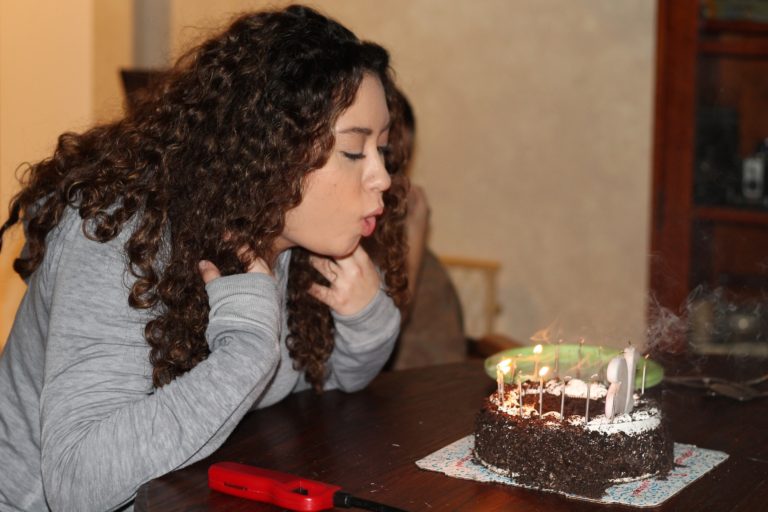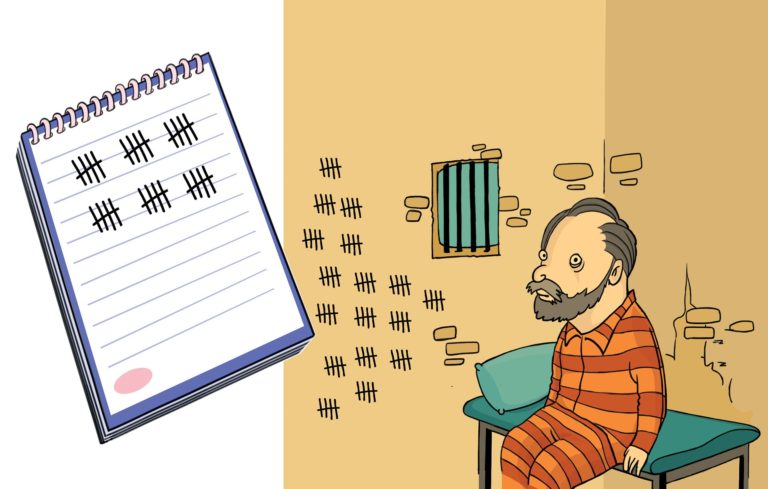37 Idioms About School, Education, and Academic Learning
Idioms are an important part of everyday English. We use them all the time in both speaking and writing.
If you’d like your English to sound more natural (I’m sure you do), you should be actively trying to learn more idiomatic expressions.
Here are 37 idioms related to education. How many of them do you know?
When you’re finished reading the article, try the practice exercise.
Interested in learning idioms? If so, check out the idioms and phrasal verb section of the site.
Idioms about thinking
to draw a blank
To draw a blank means to not be able to remember something.
“Sheila tried to remember the answer to the question, but she drew a blank.”
“I know her name, but I can’t think of it right now. I’m drawing a blank.”

to put one’s thinking cap on
To put one’s thinking cap on means to think very seriously or very hard about something.
“It’s a difficult riddle. If you want to solve it, you’ll have to put on your thinking cap.”
“I have no idea what my speech is going to be about. I’ll put on my thinking cap and get back to you about it.”

to figure something out
To figure something out means to discover something or resolve a problem.
“I can’t figure out how to do the math homework.”
“Should we ask the teacher what to do, or should we try to figure it out ourselves?”

to rack one’s brain
To rack one’s brain means to think long and hard about something.
“I racked my brain, but I couldn’t think of a good topic for my research paper.”
“Suzie racked her brain, but she couldn’t remember how to play the song.”

to daydream
To daydream means to fantasize instead of paying attention to one’s surroundings.
“Richard isn’t a bad student, but he has a tendency to daydream in class.”
“There’s no way you’ll learn calculus if you spend half the class daydreaming.”
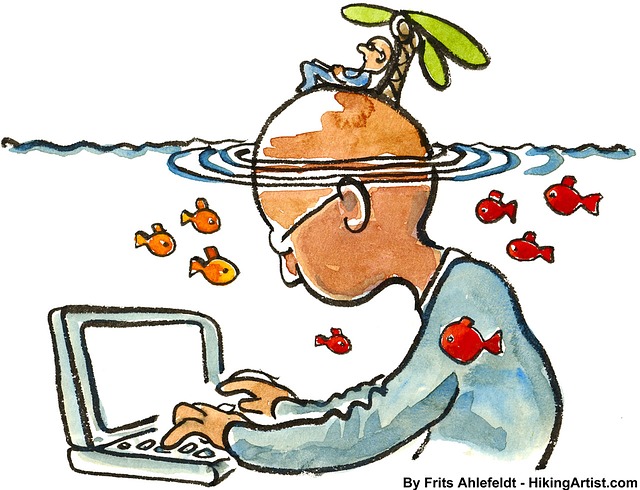
to be lost in thought
To be lost in thought means to be completely consumed by thought, often to the point of being unaware of one’s surroundings.
“When Dave is programming, he often gets lost in thought.”
“I get lost in thought whenever I’m doing something creative.”

Education idioms about people
teacher’s pet
A teacher’s pet is a student who is clearly the favorite of the teacher and often receives special treatment.
“I know he’s the teacher’s pet now, but that doesn’t mean he’ll be like that when he’s a teenager.”
“All the other students got mad when the teacher’s pet reminded Mrs. Owens that she hadn’t given any homework.”

bookworm
A bookworm is a person who loves to read.
“My son is into sports and video games, but my daughter is more of a bookworm.”
“Bookworms tend to have a much better vocabulary than people who don’t often read.”

class clown
A class clown is a disruptive student who often makes jokes instead of paying attention and doing their work.
“Brett is a college professor now. Ironically, he was the class clown of our elementary school.”
“Class clowns often don’t receive enough attention at home.”

Idioms about tests, grades, and evaluation
to pass with flying colors
To pass with flying colors means to easily accomplish something. We often use this expression to talk about tests or exams.
“It was such a hard test. I have no idea how you managed to pass with flying colors.”
“Being a non-native English speaker, Karina struggled with English Literature. She was, however, able to pass all her math and science classes with flying colors.”
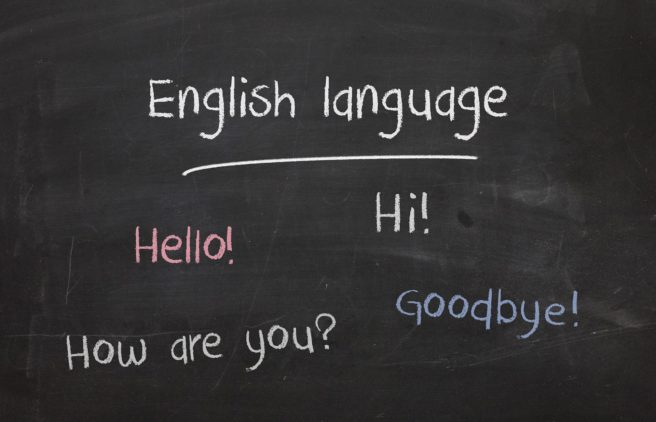
to breeze/sail through
To breeze/sail through something means to easily succeed at something.
“I don’t think you’ll be able to breeze through college if you’re majoring in chemical engineering.”
“Ricardo took Spanish in high school even though he’s a native Spanish speaker. Needless to say, he sailed through the course without any problems.”

to ace
To ace a test means to get an “A” or a very high grade.
“Sometimes I think my teacher is secretly disappointed when we all ace his tests.”
“My mother and father would sometimes take me out for ice cream if I aced a particularly hard test.”

cheat sheet
A cheat sheet is a piece of paper with answers written on it that student use to cheat on a test.
“I would never use a cheat sheet. I’m not dishonest.”
“Students caught using cheat sheets will get a zero on the test.”
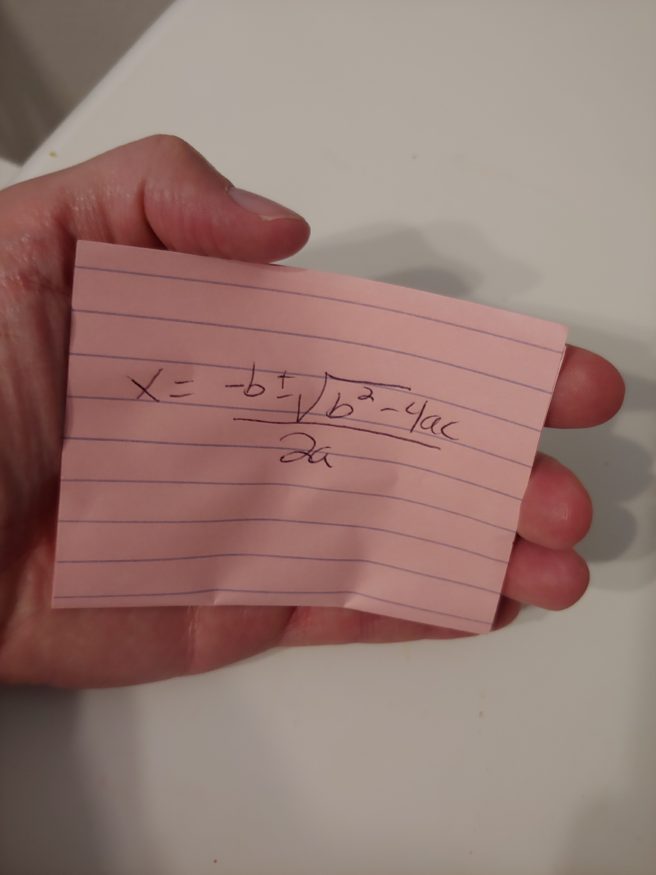
to bomb
To bomb a test means to get a terrible grade on a test.
“Do you think Mrs. McGillicuddy will give let us retake the test if we all bomb it today?”
“I got a 23% on the statistics test! I’ve never bombed a test like that.”
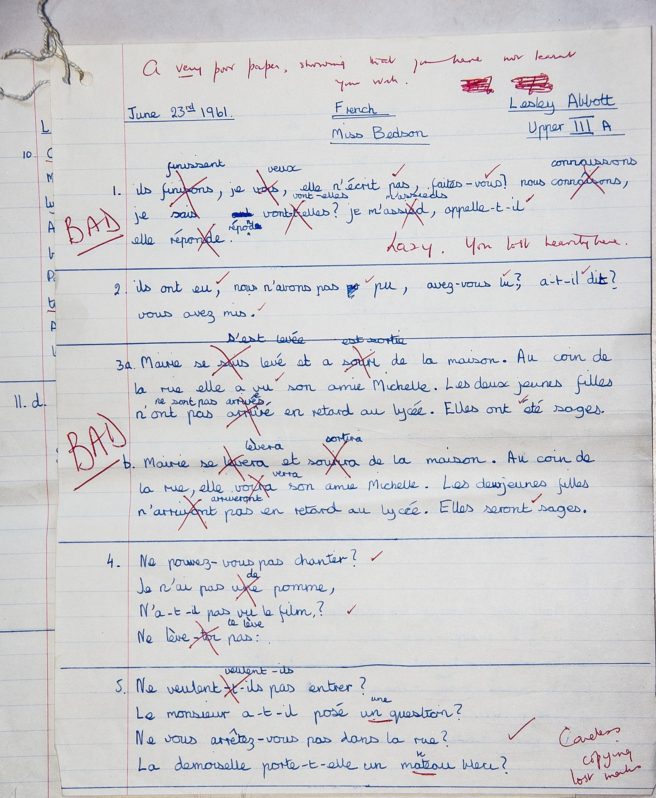
a piece of cake, a cakewalk, a breeze, a cinch, a walk in the park
We use all of these idioms to communicate that something is very easy. They all can be used to talk about tests, exams, or classes.
“The exam was a piece of cake. We all received high scores.”
“We thought the test was going to be a cakewalk, but it was actually pretty hard.”
“Psychology 101 was a breeze for Jim. He had already taken psychology in high school, so most of the material was a review for him.”
“I’m good at learning languages. Beginner’s French was a cinch for me.”
“Everyone wants to take Dr. Sullivan’s biology class. Everyone knows it’s a walk in the park.”

Idioms about class
to play hooky
To play hooky is an informal expression which means to miss school or work without having a valid reason or excuse.
“There’s a baseball game tomorrow at 2 p.m. We should play hooky and go see it.”
“In middle school, I got caught playing hooky. My teacher called my mom and I got in trouble.”

to cut/skip/ditch class
To cut, skip, or ditch class means to intentionally miss class, usually in favor of doing something else.
“Students are automatically suspended for cutting class.”
“If you skip a class, it’s going to be very difficult for you to catch up.”
“Will you take notes for me today? I’m thinking about ditching class.”

Idioms about studying and learning
to hit the books
To hit the books means to study.
“Finals are next week and I haven’t even started studying yet. I’d better hit the books tonight.”
“Four of our football players are in danger of being academically ineligible. They won’t be able to play if they don’t hit the books.”

to pull an all-nighter
To pull an all-nighter means to stay up all night studying or working.
“I’d recommend that you not pull an all-nighter. It’s not good for your health.”
“We can’t pull an all-nighter without coffee. I’ll make us a pot.”

to catch on
To catch on means to understand something after initially not being able to comprehend it.
“The present perfect tense used to be hard for me. It took me a while to catch on.”
“At first my grandfather didn’t understand Facebook, but he finally caught on.”

to learn by heart
To learn something by heart means to completely memorize something.
“Suzy has an impressive memory. She can recite dozens of poems by heart.”
“I can’t believe there are people who can recite our constitution by heart.”
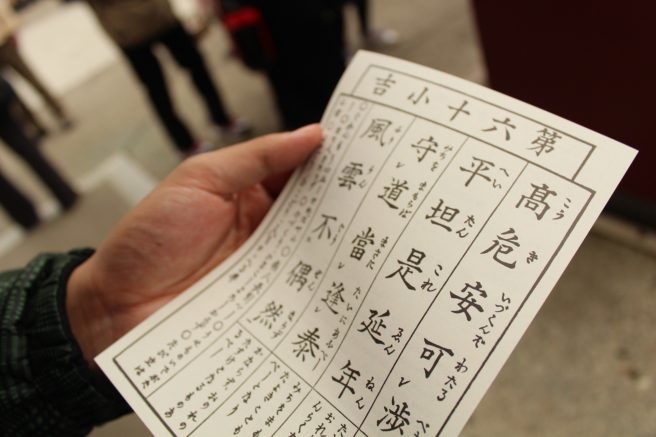
to cram
To cram means to study a lot right before a test.
“This isn’t a test you can cram for. You have to start studying for it weeks in advance.”
“If you cram for a test, you may get a good grade, but you’ll immediately forget what you’ve learned as soon as the test is over.”

to burn the midnight oil
To burn the midnight oil means to study or work late at night.
“Many people prefer to burn the midnight oil and study at night. Others prefer to study during the day.”
“You can’t burn the midnight oil every night. Your body needs sleep.”

to burn the candle at both ends
To burn the candle at both ends means to go to bed late and wake up early.
“I think I’ll sleep until noon tomorrow. I’ve been burning the candle at both ends and could really use some rest.”
“The only way to handle 20 credits in one semester is by burning the candle at both ends.”

Other education idioms
to drop out
To drop out means to decide to leave school and no longer pursue a degree or diploma. We can also use drop out as a noun to talk about someone who drops out of school.
“Why do you think so many people drop out of college?”
“We need to do a better job at counseling so that out students don’t drop out.”
“Benny has achieved a lot in life, especially when you consider that he is a high-school drop out.”

flunk/fail out
To flunk/fail out means to be expelled from an institution because of low grades or poor performance.
“Matt never went to class and eventually flunked out of college.”
“I have no idea how I’m going to tell my parents that I’m in danger of failing out of school.”

to put oneself through school
To put oneself through school means to pay one’s own tuition.
“Previous generations in the United States could easily put themselves through school, but with today’s high tuition rates, it’s almost impossible.”
“If you’re putting yourself through school, you probably won’t have much time for extra-curricular activities.”

to call on someone
To call on someone means to ask a student to answer a question.
“Theresa tried to make herself invisible so the teacher wouldn’t call on her.”
“Are teachers more likely to call on students who always know the answers?”

to kiss up to someone
To kiss up to someone means to flatter someone, often in an attempt to obtain special favors or treatment. A synonym is to suck up (though this term is a bit more vulgar). We can use both kiss up and suck up as nouns as well.
“Dr. Schwartz isn’t going to let you retake the test you bombed. It doesn’t matter how much you kiss up to him.”
“My best friend was always such a kiss up to his teachers.”

Don’t forget to try the practice exercise.
For more idiomatic expressions, see these articles on idioms and phrasal verbs.



